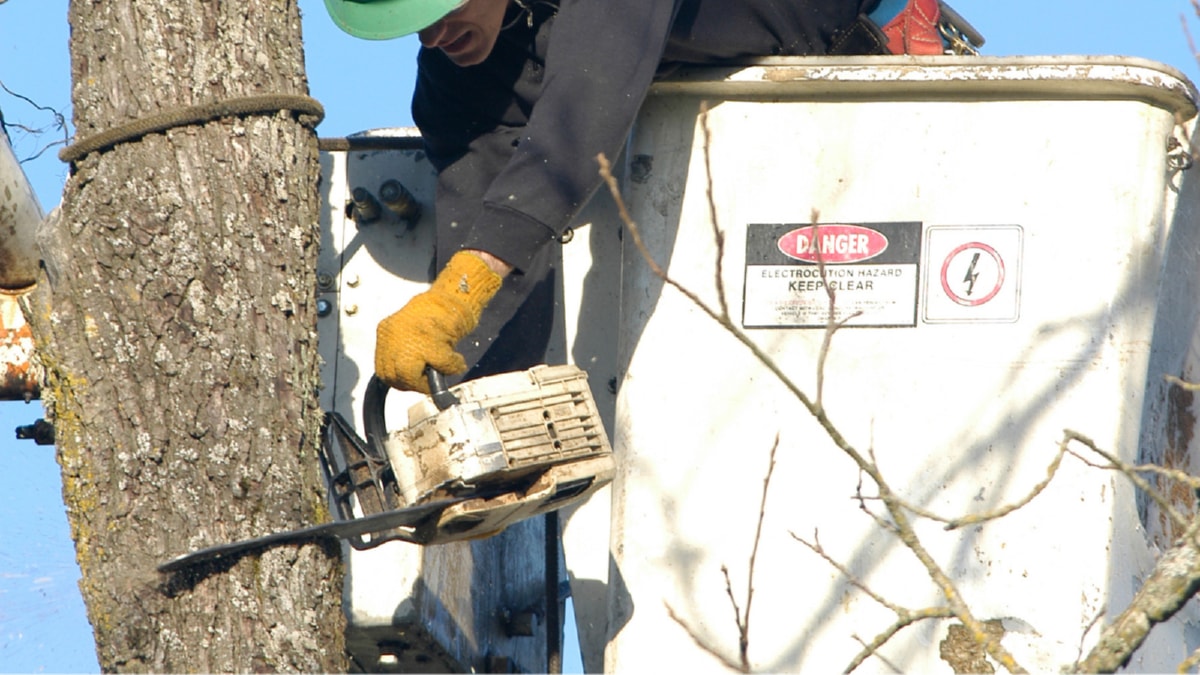Understanding the Basics of Construction Site Safety
The construction industry is dominated by potential hazards, hence, grasping the basics of construction site safety is vital. Employees should be adequately trained in every aspect of safety, from operating equipment to emergency procedures.
Firstly, proper personal protective equipment (PPE) is vital. This entails items such as safety helmets, high visibility clothing, safety footwear, and gloves. Furthermore, depending on the specific tasks being performed, workers may also need to use respiratory protection, safety glasses, and ear protection.
Apart from PPE, ensuring a clean and organized worksite is another important factor. Clutter can lead to accidents, such as tripping or falling. Moreover, all tools and equipment should be properly maintained to prevent malfunctions and subsequent injuries.
Training is another critical element in construction site safety. Workers should be educated on the risks associated with their tasks and how to mitigate them. They should also be aware of emergency procedures in case of accidents.
Lastly, communication is key. Frequent safety meetings and briefings can help to keep everyone informed about potential hazards and safety procedures. It also provides an opportunity for workers to voice any concerns or suggestions they may have.
In conclusion, comprehending the basics of construction site safety is imperative for every construction project. Through the implementation of these strategies, construction companies can greatly lower their accident rates and build a safer work environment for their employees.
Understanding the Fundamentals of Construction Project Management
Construction project management is a specialized field that requires a deep understanding of the construction process, as well as important management skills. Here are some tips on how to effectively manage a construction project.
Firstly, efficient planning is essential. This involves establishing the project’s objectives, devising a comprehensive work plan, and creating a realistic budget.
Next, clear communication is imperative. This involves maintaining open lines of communication with all stakeholders, from the client and design team to the construction crew and suppliers.
Additionally, risk management is another key aspect of construction project management. This involves spotting potential risks and devising strategies to mitigate them.
Lastly, quality control is crucial. This involves making sure that all work is completed to the highest possible standard, and that any issues are dealt with promptly.
In conclusion, construction project management is a complex field that requires a thorough understanding of the construction process, as well as strong management skills. By following these tips, you can make sure that your construction projects are completed on time, within budget, and to the highest possible standard.
For more details, check best Farmyard Lane Resurfacing Kildare Galway Limerick Mayo Offaly or visit their Farmyard Lane Resurfacing Kildare Galway Limerick Mayo Offalybusiness listing here.




